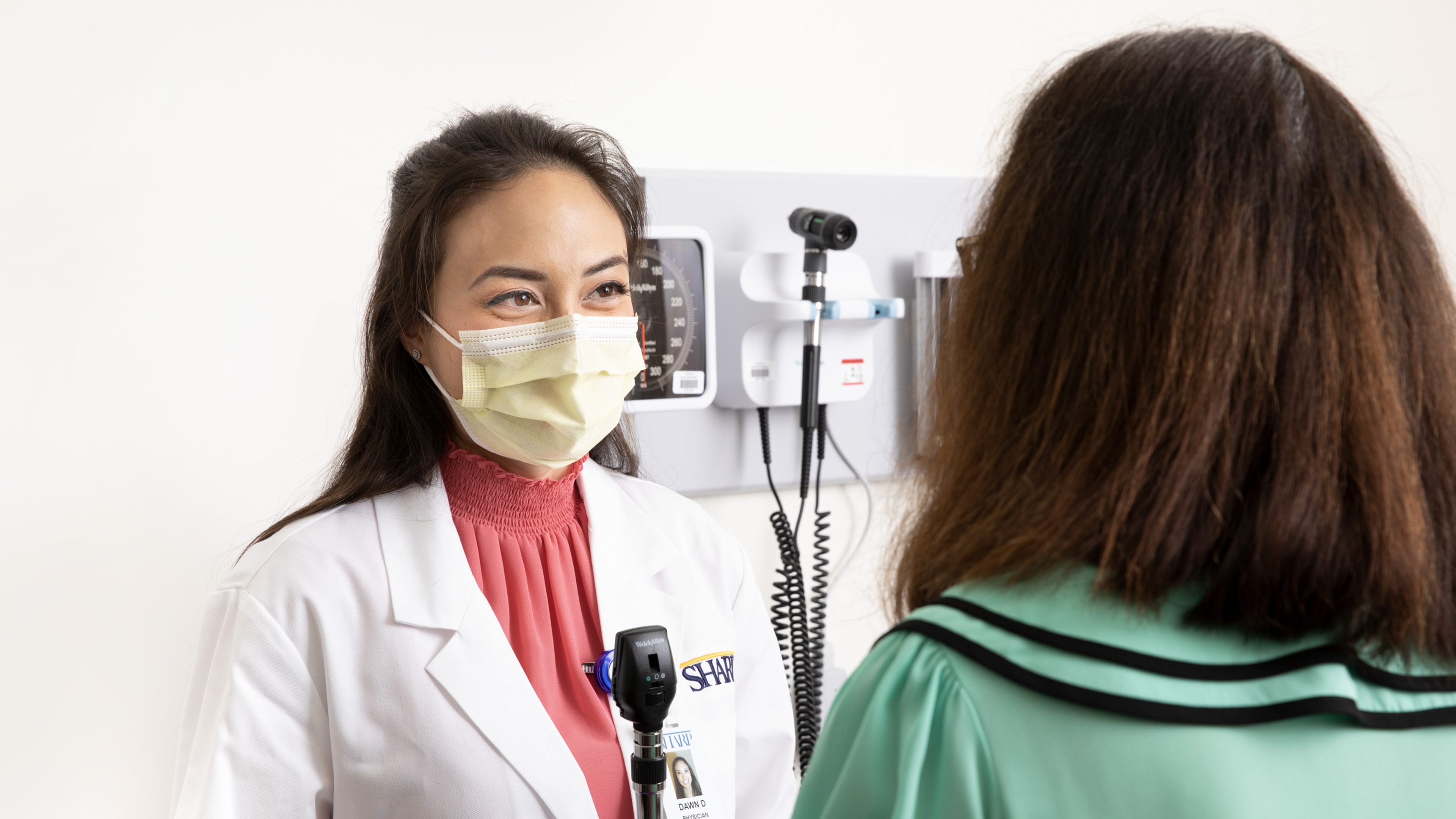Eye Doctors in Andalusia: Trusted Specialists for Vision Health
Is Refractive Surgical Treatment Right for You? Variables to Think About for Better Eyecare
In the world of eye treatment, the decision to go through refractive surgical treatment is a crucial one that requires thoughtful factor to consider. From the details of one's eye wellness to the details of day-to-day behaviors and individual expectations, each facet holds value in the more comprehensive landscape of refractive surgical treatment candidateship.
Eye Health And Wellness Assessment
When thinking about refractive surgical treatment, an extensive eye health evaluation is vital to examine the suitability of the procedure for each and every person. andalusia pediatrics. This assessment entails a collection of tests and examinations conducted by an eye treatment expert to establish the total health and wellness of the eyes, the presence of any kind of underlying problems, and the stability of the refractive error
During the analysis, different factors are taken into consideration, such as the individual's case history, existing eye prescription, corneal thickness, student size, and tear movie quality. These analyses assist to recognize any type of contraindications to refractive surgical procedure, such as corneal irregularities, cataracts, or neglected eye infections. Furthermore, the analysis helps to manage person expectations pertaining to the potential results of the surgery based on their one-of-a-kind eye characteristics.
Eventually, the eye wellness evaluation is necessary in guaranteeing the security and efficiency of refractive surgical procedure, as it provides important insights into the individual's eye health condition and assists figure out one of the most ideal therapy alternatives for achieving optimal visual outcomes. (eye center andalusia)
Way Of Living Analysis
A thorough way of living analysis is important in identifying the viability of refractive surgical treatment for an individual's visual correction requirements. Way of life factors such as line of work, hobbies, and day-to-day activities play a critical role in the decision-making procedure concerning refractive surgery.
Moreover, lifestyle habits such as sporting activities engagement, outdoor tasks, or perhaps skin care routines can affect the healing procedure and overall success of refractive surgical treatment. For instance, individuals that participate in call sports may require to take extra safety measures to protect their eyes during the healing duration. In addition, people with extensive sun exposure may need extra post-operative treatment to prevent problems. By carrying out a thorough way of living analysis, eye treatment professionals can tailor their recommendations and therapy plans to fulfill the one-of-a-kind demands of each individual, inevitably leading to improved aesthetic end results and satisfaction.
Assumption Positioning

Individuals require to comprehend that while about his several people attain 20/20 vision or much better adhering to refractive surgical treatment, some might still require glasses for particular activities like reading or driving at evening. Handling these assumptions helps stop dissatisfaction and discontentment post-surgery, leading to an extra positive overall experience for the person.
Risk Analysis

Elements that might enhance the threat of problems consist of age, specific clinical conditions like autoimmune illness, unstable vision prescription, thin corneas, and impractical patient expectations. Furthermore, choosing a knowledgeable and experienced doctor, following pre and post-operative care guidelines faithfully, and disclosing any type of pertinent medical history can assist minimize dangers.
To lessen the likelihood of complications, ophthalmologists carry out extensive pre-operative analyses to recognize any contraindications to surgical treatment. They additionally review the possible dangers and advantages with individuals throughout the consultation process. By participating in open communication and shared decision-making, both the ophthalmologist and the client can collaborate to figure out if refractive surgical procedure is the right choice based upon specific risk profiles and desired outcomes.
Assessment Significance
Thinking about the vital function of notified decision-making in evaluating threats and prospective difficulties in refractive surgery, the appointment process holds considerable significance in guiding people towards optimal end results. Throughout the examination, the ophthalmologist assesses the client's eye health, refractive mistakes, and total suitability for surgical treatment. This initial analysis is critical in establishing the most suitable treatment for every individual, considering elements such as corneal thickness, student size, and existing eye problems.
In addition, the examination functions as an opportunity for individuals to discuss their assumptions, worries, and any inquiries they might have pertaining to the surgical procedure. Clear communication in between the client and the surgeon is crucial to make sure reasonable expectations and a thorough understanding of the prospective risks and advantages entailed.
Furthermore, the appointment allows the doctor to describe the different medical options offered, their corresponding results, and the post-operative treatment called for. This extensive conversation encourages clients to make educated decisions regarding their eye treatment, leading to better contentment and outcomes post-surgery.
Final Thought
In conclusion, people taking into consideration refractive surgery must undertake a comprehensive eye health and wellness examination, analyze their lifestyle routines, align their assumptions with potential results, assess the involved threats, and prioritize check it out examinations with eye care experts. These aspects play a crucial role in identifying the suitability of refractive surgical procedure for each individual, ensuring optimal results and fulfillment with the treatment.
People taking into consideration refractive surgical procedure usually have high expectations pertaining to the end visit our website results, anticipating best vision without the requirement for glasses or get in touch with lenses. While refractive surgical treatment can significantly improve vision and reduce dependency on aesthetic help, it is important for clients to understand that results might differ based on private elements such as the level of refractive mistake, corneal thickness, and total eye health and wellness.
By engaging in open interaction and shared decision-making, both the individual and the ophthalmologist can work with each other to figure out if refractive surgical treatment is the best selection based on private risk profiles and desired end results.
Thinking about the crucial role of educated decision-making in analyzing risks and possible problems in refractive surgery, the consultation procedure holds significant significance in guiding individuals towards optimum outcomes. During the consultation, the eye doctor evaluates the individual's eye health, refractive mistakes, and overall suitability for surgical procedure.